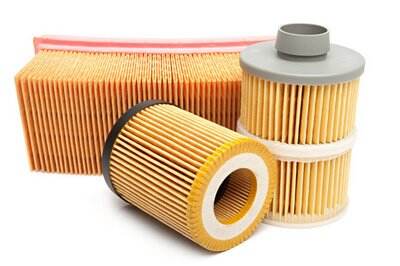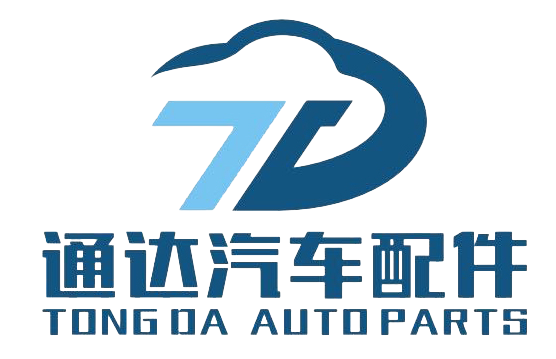Automotive filter manufacturers should have a deep understanding of automotive knowledge
Automotive filter manufacturers should have a deep understanding of automotive knowledge
Automotive filters, as important components of automotive engines, play a crucial role in ensuring internal cleanliness, improving operational efficiency, and extending service life. Therefore, as a manufacturer of automotive filters, it is not only necessary to master the production process and quality standards of the filters, but also to have a deep understanding of the overall structure of the car, the working principle of the engine, and the specific role of the filters in the automotive system. Below, we will explore the automotive knowledge that automotive filter manufacturers should be aware of from multiple perspectives.

1、 The basic structure and working principle of automobiles
A car is a self-propelled vehicle composed of multiple complex systems and components. Its power source mainly comes from the engine, which is the result of the cooperation of multiple subsystems such as the crank connecting rod mechanism, valve train mechanism, cooling, fuel supply, lubrication, ignition (for gasoline engines), and starting system. For filter manufacturers, understanding the basic structure and working principle of the engine is crucial, as the filter is directly related to the engine's lubrication system.
During the operation of the engine, engine oil plays multiple roles such as lubrication, cooling, cleaning, and sealing. The task of an oil filter is to filter impurities and pollutants from the engine oil, ensuring its cleanliness and protecting internal engine components from wear and tear. Therefore, manufacturers need to understand the circulation path of oil in the engine and the position and function of the oil filter in it.
2、 Types and characteristics of filters
Automotive filters can be classified into various types based on their functions and application scenarios, such as oil filters, air filters, gasoline filters, etc. As a manufacturer of oil filters, it is necessary to have a deep understanding of the characteristics and application scope of various oil filters.
Oil filters can be divided into threaded oil filters, snap on oil filters, etc., depending on their appearance and installation method. Different types of oil filters have differences in structure, materials, filtration efficiency, etc., and are suitable for different vehicle models and engines. Manufacturers need to select appropriate filter types and specifications for production based on market demand and vehicle characteristics.

3、 Production process and quality standards of filters
The production process of oil filters includes multiple stages such as raw material preparation, assembly, testing, and packaging. The quality of raw materials directly determines the performance and service life of filters, so manufacturers need to choose materials with excellent high temperature resistance and corrosion resistance for production.
In the assembly and testing process, manufacturers need to strictly follow standard operations to ensure that every oil filter meets quality requirements. This includes tests on the filtration efficiency of the filter element, the sealing performance of the filter, the resistance level, and the service life. At the same time, manufacturers also need to pay attention to the convenience and maintainability of filter installation to meet the actual needs of car owners.
4、 Maintenance and upkeep of filters
Automotive filters, as vulnerable parts, require regular replacement and maintenance. Manufacturers need to understand the replacement cycle and maintenance methods of filters in order to provide accurate maintenance recommendations for car owners.
The replacement cycle of the oil filter is usually every 10000 kilometers or every 12 months, but the specific cycle needs to be adjusted according to factors such as the vehicle model, engine characteristics, and oil quality. Manufacturers need to clearly indicate the replacement cycle and maintenance methods of the filter in the product manual, reminding car owners to replace the filter on time to ensure the normal operation of the engine.

5、 The Importance of Filters in Automotive Systems
The importance of filters in automotive systems is self-evident. It can significantly reduce internal wear of the engine, maintain stable oil performance, and prevent engine failures. If the filter fails or is not replaced in a timely manner, impurities and pollutants will enter the engine interior with the oil, causing accelerated wear of parts, decreased oil performance, and engine failure.
Therefore, as a manufacturer of automotive filters, it is necessary to attach great importance to the quality and performance of filters, continuously improve production processes and technological levels, and provide high-quality filter products and services for car owners.
In summary, as a manufacturer of automotive filters, it is necessary to have a deep understanding of the basic structure and working principles of automobiles, the types and characteristics of filters, production processes and quality standards, maintenance and upkeep, as well as the importance of filters in automotive systems. Only by comprehensively mastering these knowledge can we produce high-quality filter products that meet market demand and car owner needs, and contribute to the development of the automotive industry.

 EN
EN







































